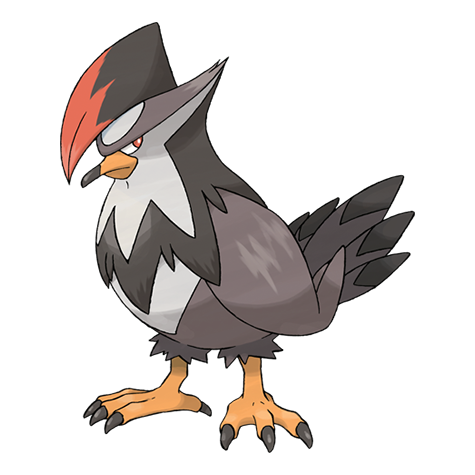I heard something to do with Nitrogen and …cow farts(?) I am really unsure of this and would like to learn more.
Answer -
4 Parts
- Ethical reason for consuming animals
- Methane produced by cows are a harmful greenhouse gas which is contributing to our current climate crisis
- Health Reasons - there is convincing evidence that processed meats cause cancer
- it takes a lot more calories of plant food to produce the calories we would consume from the meat.
Details about the answers are in the comments


Because you need considerably more resources to grow meat than you need to to grow a nutritionally equivalent amount of vegetables.
deleted by creator
That field could be used to grow a different crop than grass, which would use less water per calorie of human food produced
Also, hardly any cows just eat grass these days. That’s not how you get a lot of meat as fast and as cheap as possible. Also, since cows need a lot of grass, I a lot less area would remain for other crops even if they did (since grass needs way more area for the same amount of calories than stuff like soybeans). So it’s actually a good thing, they aren’t just eating grass.
deleted by creator
If that is the case, then they are more the exception than the rule. (Do you by chance have any source on that? Because I’m pretty sure here in Germany that’s not the case) Also, at least Switzerland produces less beef than it consumes, so that’s not exactly sustainable. I don’t know about the other two.
Funnily enough, having cattle on that land only further fucks it up by causing erosion that can take decades to resopve even after the cattle is removed.
what kind of erosion?
are you thinking of “overgrazing”?
There are of couse exceptions and areas where cattle can graze all year, and the need to deforest areas isn’t as large as other places. However, for the majority of beef production, there are less enviornmentally friendly cattle food implemented. So maybe the solution should be that only the areas that can produce beef sustainably should be allowed to consume it? I would assume that that would be an unpopular policy, so I find it to be a much better solution to reduce the beef consumption even in the areas with sustainable producion and rather let those areas export the excess production.
Who waters the grass to feed cows? You farm them in a suitable region!
depends on the land. normally livestock are put on land which won’t grow anything else.
They actually graze in national forest land in the US. I spent a lot of time tracking wolves to prevent the ranchers and the forest service from shooting wolves so they could safely graze deep into national forest land, destroying the local ecosystem, just as the rivers and bears and caribou started to recover after the reintriduction of wolves.
I think extrapolating from poor US environmental regulations to say that no where in the world is it sensible to produce dairy or beef is a bit of a false equivalence. We also don’t have lead pollution in our water, but saying no one should drink tap water because it has lead in it in a certain part of the US is also silly.
I’m all for alternative protein sources and sustainable agriculture, but eliminating meat consumption likely isn’t the best approach. The US, Brazil, and a bunch of other countries using stupid practices like slash and burn agriculture really need to develop and enforce more sustainable practices via regulations and enforcement.
deleted by creator
as a Swiss, it is an issue. our glaciers are metling more and more every year and we rely on hydropower a lot, we need all the rain and water we can get, even if it seems like there is a lot.
Removed by mod
deleted by creator
Jesus your downvotes. Seems facts hurt some real delicate flowers…
Most deforestation today is to grow animal feed.
deleted by creator
https://theconversation.com/livestock-grazing-is-preventing-the-return-of-rainforests-to-the-uk-and-ireland-198014
If it is anything like here they supplement the feed with a ton of soy beans, which is causing huge problems in Brazil. iirc 87% of soy is used for cattle.
Just globally. Not sure about specific countries. Virtually all of the Amazon deforestation, for example
deleted by creator
We can’t have more cows if they don’t have food. We need to cut down trees to grow other stuff to feed the cattle. Global demand for beef is rising, mainly due to increases of standards of living in Asia.
So how do we raise more cattle without more farmland to grow food for them?
deleted by creator
The cows are the issue though. If people buy beef, it doesn’t come out of the sky. How do you raise an animal without feeding it?
or at a stretch or could be an argument against beef. but the question was about meat generally.
deleted by creator